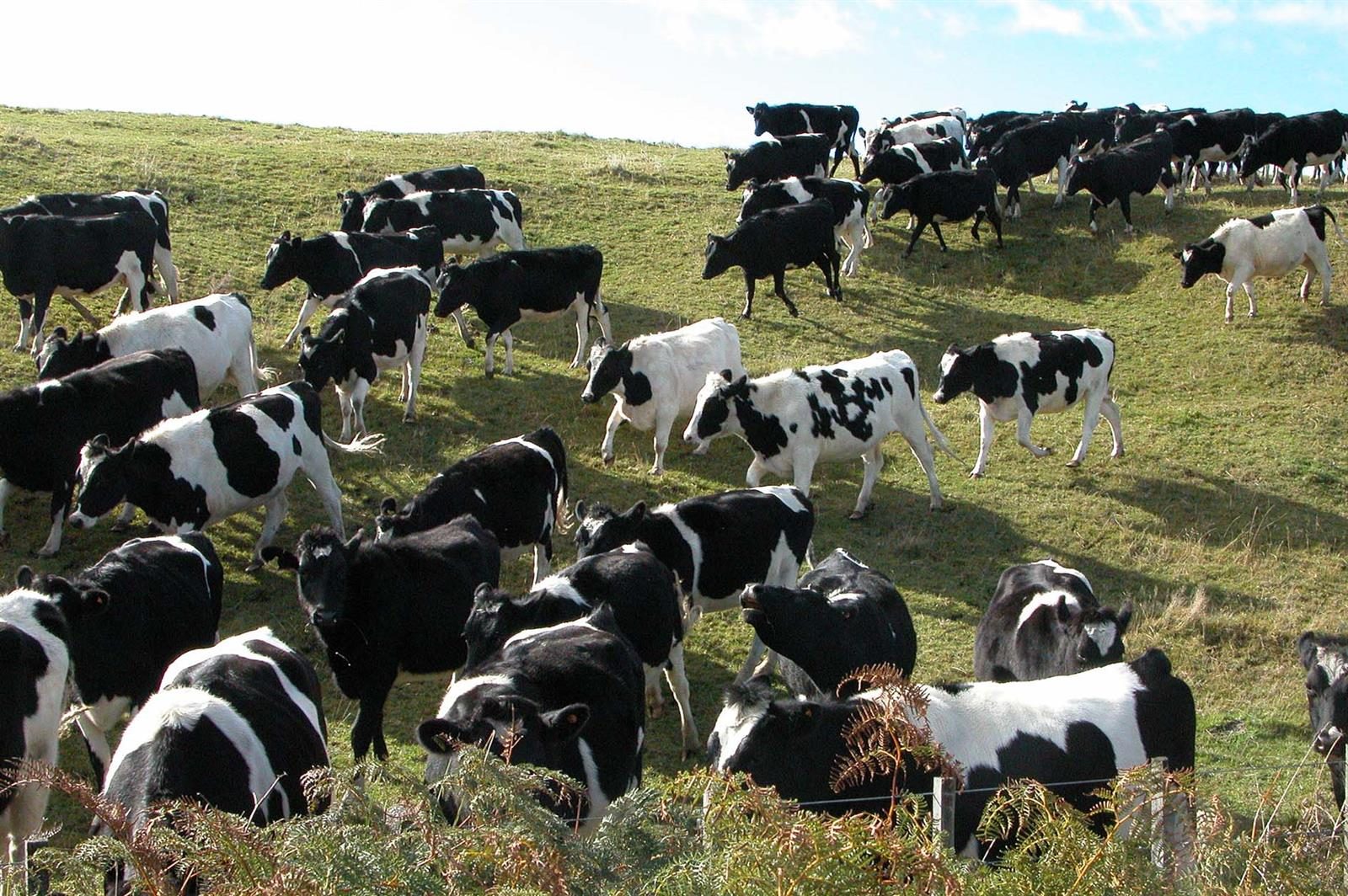Farmers should be the ones tagging their animals, not truck drivers

Farmers should be the ones responsible for correctly tagging their animals to safeguard New Zealand‘s biosecurity, not truck drivers, Road Transport Forum chief executive Nick Leggett told the Primary Production Select Committee at Parliament on Thursday.
“The road freight transport industry is 100 percent behind protecting New Zealand‘s biosecurity and can often be relied upon to detect any unwanted pest visitors,” Leggett says.
“But what truck drivers are being asked to do in the new Bill to strengthen the National Animal Identification and Tracing (NAIT) legislation is well beyond their mandate as livestock transporters.
“It is proposed that truck drivers will be severely penalised with fines if they transport animals that do not have NAIT tags. Yet truck drivers have no control over the NAIT tagging system, as getting those animals tagged is solely the responsibility of the farmers who raise them.”
Leggett says the RTF accepts that animals must be traced to ensure their lifetime movements can be monitored in the event of any disease outbreaks, but there have been long-standing problems with the NAIT system that cannot be fixed by punishing the truck drivers.
“Livestock transporters are prepared to help improve the NAIT system and in fact have been involved in a range of actions to positively change behaviour in the farming community around animal welfare and safe travel for stock.
“They are just not prepared to shoulder this blame and cost when clearly the people in control of the animals – the person sending them on the transport and the person receiving them at the other end – have primary responsibilities.
“This is especially so, given the legislation changes mean that livestock transporters would be issued $400 fines for transporting untagged animals, when clearly, no untagged livestock should ever be presented for transport if the NAIT system was working properly.”
The RTF wants livestock transporters removed from the penalty schedule in this Bill.
“In addition to it not being the responsibility of the person transporting the animals from A to B, there are a number of logistical practicalities. Visually checking for tags on livestock is an impossibility given it is sometimes dark when animals are loaded, the number of animals and the speed with which they are loaded, and the method used to load and unload.
“There is also an imbalance of power in the relationship. The farmer, or person who has arranged the movement of the livestock, is a customer and can put the ‘customer is always right‘ pressure on the truck driver, who is likely to be an employee of a company, rather than an owner.
“Before appearing before the Select Committee we have spoken to the Primary Industries Minister and his Ministry and canvassed our livestock transporters with meetings around New Zealand. We strongly object to livestock transporters potentially being penalised for actions that are beyond their control.”

Read more
The Maher Transport Story
0 Comments5 Minutes
A nod to the past
0 Comments5 Minutes
Rocking it in Rangitikei
0 Comments10 Minutes





